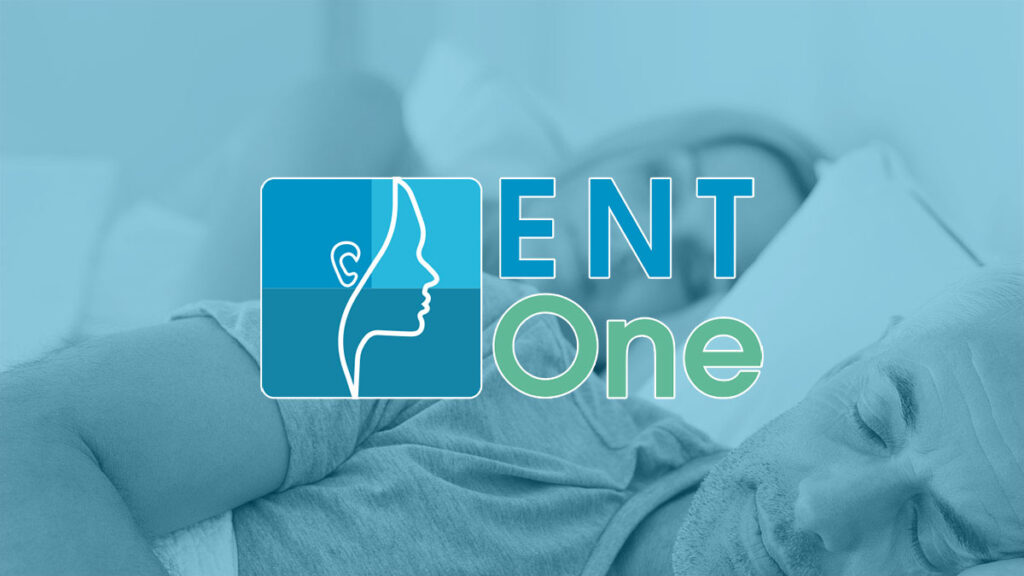Daylight saving time (DST) runs from March 10, 2024 through November 3, 2024. DST can disrupt your sleep schedule due to the change in light exposure. Here are some tips to help you sleep better during the transition:
Before The Time Change
● Gradual adjustment: Start shifting your sleep schedule 2-3 days before the change. Aim to go to bed and wake up 15-20 minutes earlier each day. This helps your body adjust to the new daylight pattern gradually.
● Light exposure: In the spring (when daylight saving time starts), get morning sunlight exposure. This helps regulate your circadian rhythm, promoting daytime alertness and nighttime sleepiness. Take the dog for a walk first thing in the morning. You’ll both like it! Conversely, in the fall (when daylight saving time ends), minimize evening light exposure by dimming lights and avoiding screens before bed.
During The Transition
● Maintain consistency: Stick to your new sleep schedule as much as possible, even on weekends. Consistency helps your body adjust faster.
● Relaxation techniques: If you struggle to fall asleep, practice relaxation techniques like deep breathing or meditation before bed.
● Short naps: If you feel excessively tired, consider a short (20-30 minute) nap in the early afternoon. Avoid napping later in the day as it can disrupt nighttime sleep.
Additional Tips
● Maintain a healthy sleep environment: Ensure your bedroom is dark, quiet, cool, and clutter-free.
● Avoid stimulants: Limit caffeine and alcohol intake, especially in the hours leading up to bedtime.
● Regular exercise: Regular physical activity can improve sleep quality, but avoid strenuous workouts close to bedtime.
Remember, these are general tips, and individual experiences might vary. If you continue to experience significant sleep problems after several weeks, consult a healthcare professional for personalized guidance.
Disclaimer: This is general information and not a substitute for professional medical advice. All advice and suggestions offered via the website or newsletters should be discussed with a physician prior to being implemented. Always consult a physician for specific guidance, especially if you have any pre-existing conditions. SurgOne, PC and ENTOne PC are not liable for any adverse reactions that may occur by implementing advice or suggestions that appear here.






